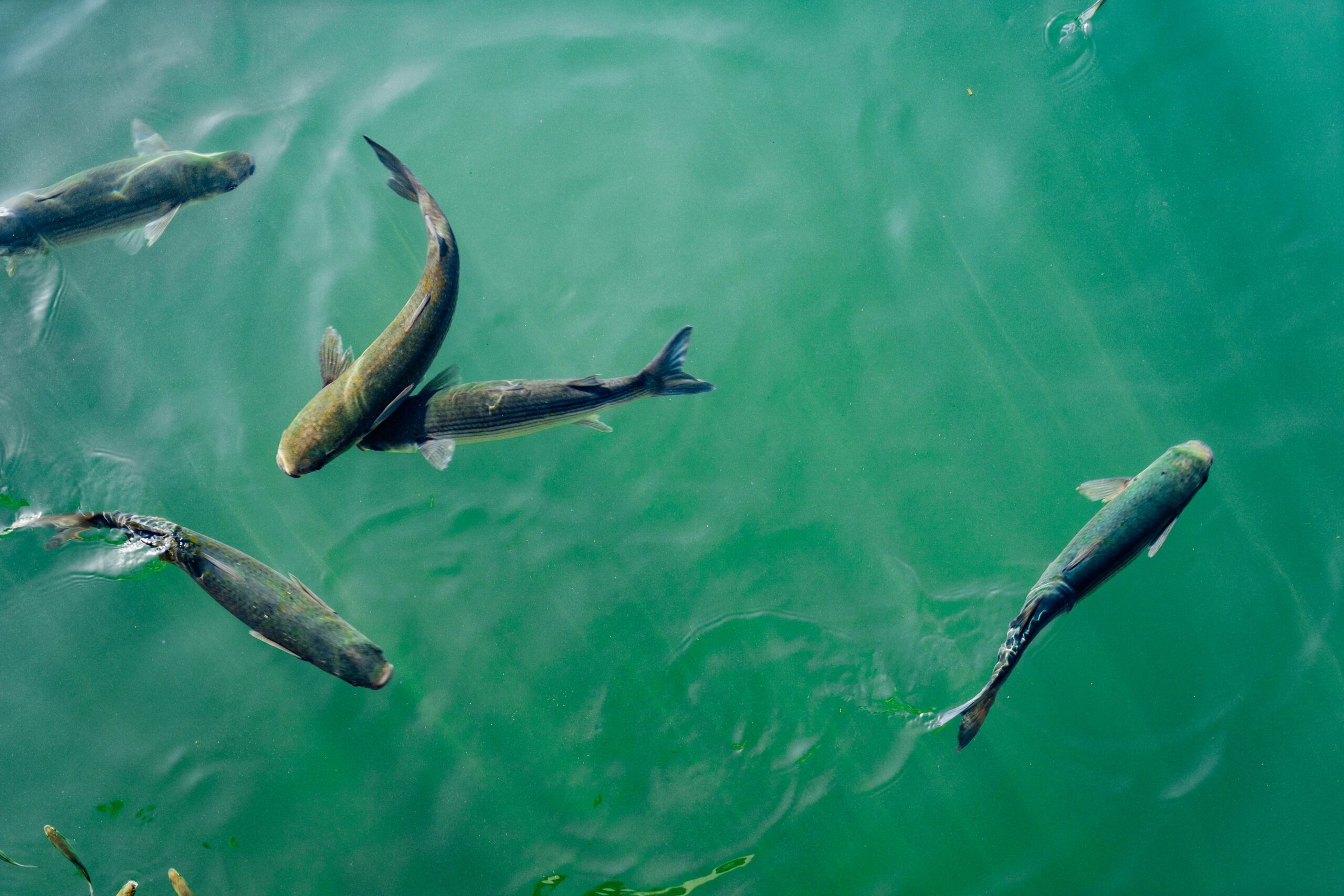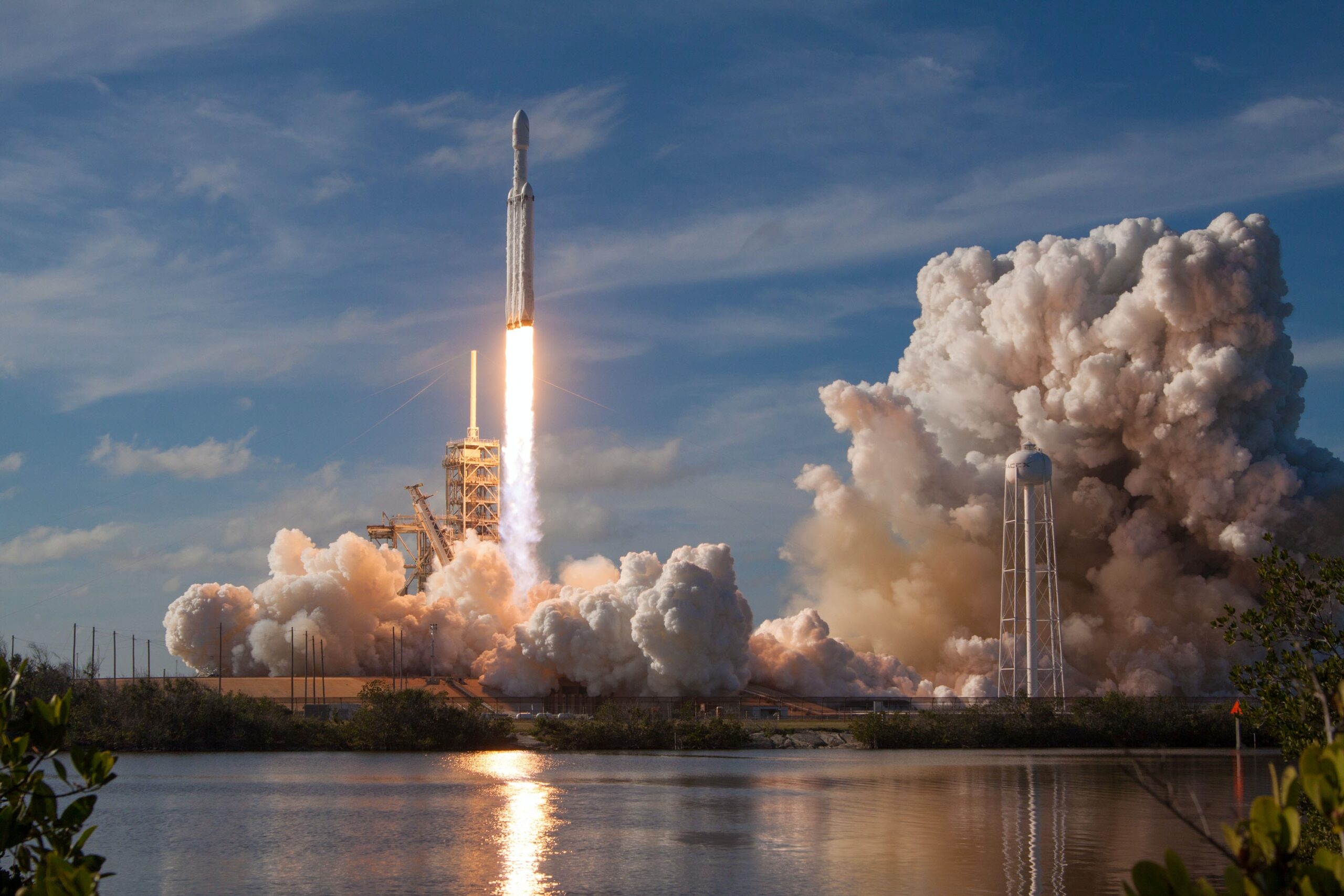Fish Farming on the Moon Could Be a Reality
A study showed that fish farming is not limited to our planet Earth, but it extend to the vast expanse of the moon.
Imagine a future where fish farming is not limited to our planet Earth, but extends to the vast expanse of the moon. It may sound like science fiction, but recent studies and initial results have shown that fish farming on the moon could become a reality in the not-too-distant future.
On October 9, 2023, groundbreaking research findings were published, shedding light on the feasibility of fish farming on the moon. The study was carried out as part of a program by Ifremer, the French Research Institute for the Exploitation of the Sea, in collaboration with the European Space Agency (ESA).
The project has captured the attention of scientists and space enthusiasts alike, as it opens up new possibilities for sustainable food production and colonization beyond Earth.
The Moon as a Potential Aquaculture Site
While the moon may seem like an unlikely place for fish farming, several factors make it a compelling option.
First and foremost, the presence of water ice in the permanently shadowed regions of the moon provides a potential source of water for aquaculture systems. This discovery, made possible through lunar exploration missions, has paved the way for further investigation into utilizing this valuable resource.
Furthermore, the moon’s lower gravity compared to Earth could have significant benefits for fish farming. The reduced gravitational pull would result in a more energy-efficient environment, allowing fish to grow faster and potentially reducing the amount of resources needed to sustain the aquaculture system.
The Challenges and Solutions
Of course, venturing into fish farming on the moon comes with its fair share of challenges. One of the primary obstacles is the lack of a breathable atmosphere, which is essential for fish survival. However, researchers are exploring innovative solutions such as enclosed habitats with controlled environments, ensuring the necessary oxygen levels for fish to thrive.
Another challenge is the limited space available on the moon. Traditional fish farms require substantial land or water bodies, which are not readily available on the lunar surface. To overcome this hurdle, scientists are investigating vertical farming techniques and compact aquaculture systems that can maximize the use of limited space.
The Benefits of Moon Fish Farming
The potential benefits of fish farming on the moon are manifold. Firstly, it could provide a sustainable source of food for future lunar colonies or space missions, reducing the reliance on Earth for supplies. This self-sufficiency is crucial for long-duration missions or establishing permanent settlements beyond our planet.
Additionally, fish farming on the moon could serve as a valuable research platform for studying the effects of reduced gravity on aquatic life. By observing the behavior and development of fish in lunar conditions, scientists could gain insights into the broader implications of living and thriving in low-gravity environments.
A Step Towards Lunar Colonization
While fish farming on the moon is still in its early stages of exploration, it represents a significant step towards the long-term goal of lunar colonization. By developing the necessary infrastructure and technologies for sustaining life on the moon, we pave the way for future human settlements and the expansion of our presence in space.
As we continue to push the boundaries of scientific discovery and exploration, fish farming on the moon stands as a testament to our ingenuity and determination to unravel the mysteries of the universe. While there are many challenges to overcome, the potential rewards are immense, offering hope for a future where sustainable food production and human habitation extend far beyond the confines of Earth.










